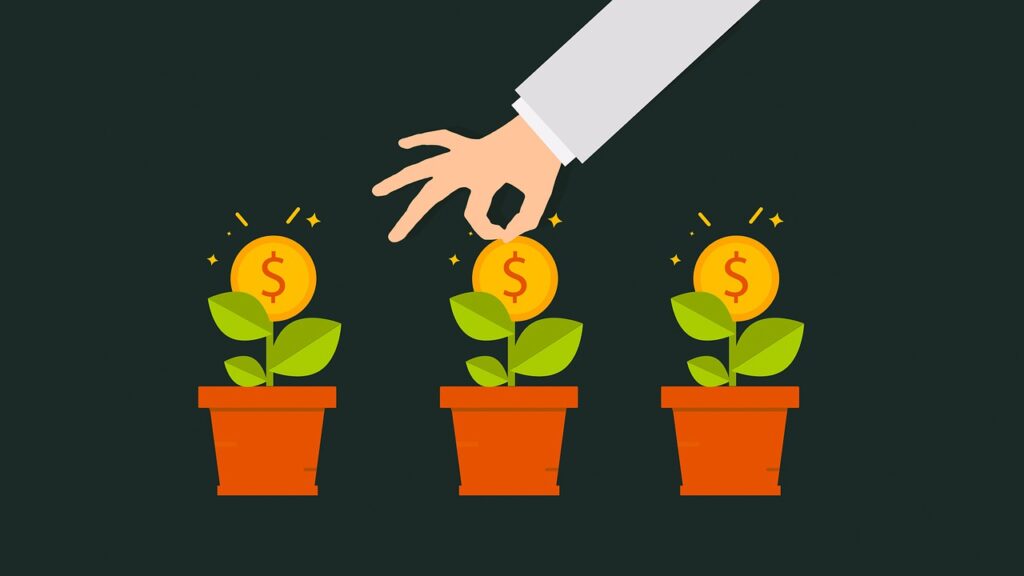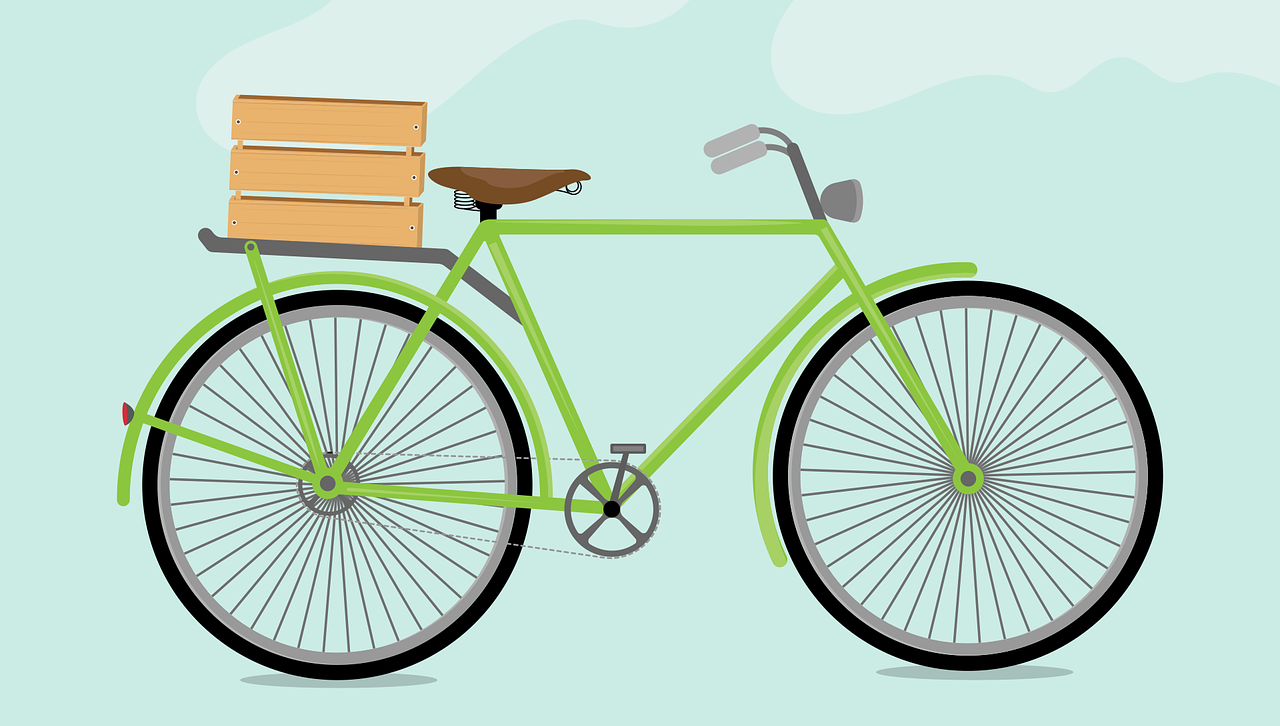Climate-Wise Living: Saving Money, Being Green, and Prepping for the Future
Introduction
In today’s world, sustainable living is more than just a trend; it’s a necessity. As we face the growing consequences of climate change, it’s essential to adopt eco-friendly practices in our daily lives. Not only do these practices help protect the environment, but they also offer numerous benefits, including financial savings and increased preparedness for the future.
Importance of Sustainable Living
Sustainable living encompasses a wide range of behaviors and choices that aim to reduce our impact on the environment. By making conscious decisions about how we consume resources, dispose of waste, and interact with our surroundings, we can contribute to the health of our planet and the well-being of future generations. Adopting a sustainable lifestyle is vital for preserving the Earth’s resources, reducing pollution, and combating climate change.
Benefits of Eco-Friendly Practices
Embracing eco-friendly practices offers a wealth of benefits. Financially, adopting energy-efficient and waste-reducing measures can lead to significant cost savings in the long run. Environmentally, these practices help conserve resources, reduce pollution, and promote biodiversity. Additionally, being prepared for emergencies and disruptions is an integral part of sustainable living. By building resilience into our lives and communities, we can better withstand and recover from a range of challenges, such as natural disasters, economic instability, or even global pandemics.
In the sections that follow, we will explore practical ways to save money, be green, and prepare for the future through climate-wise living. By adopting these strategies, you can contribute to a healthier planet while reaping the benefits of a more sustainable and resilient lifestyle.

Saving Money While Being Green
A sustainable lifestyle doesn’t have to be expensive. In fact, many eco-friendly practices can save you money while also benefiting the environment. Here are some strategies to help you save money and be green at the same time.
Energy Efficiency
- LED Light Bulbs: Switching to energy-efficient LED light bulbs can save you money on your energy bills while reducing your carbon footprint. LEDs last longer and use a fraction of the energy compared to traditional incandescent bulbs.
- Smart Thermostats: Installing a smart thermostat can help you save on heating and cooling costs by automatically adjusting the temperature based on your preferences and habits. This allows for better energy management and reduced energy waste.
- Solar Panels: Investing in solar panels for your home can significantly decrease your energy bills and reliance on non-renewable energy sources. Although the upfront cost can be high, the long-term savings and environmental benefits make it a worthwhile investment.
Water Conservation
- Low-flow Showerheads: Installing low-flow showerheads can help you save water and reduce your water bill. These showerheads use less water per minute without sacrificing water pressure, making them an easy and cost-effective way to conserve water.
- Rainwater Harvesting: Collecting rainwater in barrels or tanks allows you to use it for watering plants, flushing toilets, or even washing clothes, reducing your overall water consumption and saving you money on your water bill.
Transportation
- Public Transit or Carpooling: Opting for public transportation or carpooling can significantly reduce your carbon emissions and save you money on gas, parking, and vehicle maintenance.
- Electric or Hybrid Vehicles: If you need a personal vehicle, consider an electric or hybrid car, which can save you money on fuel and reduce your environmental impact.
- Biking or Walking: Whenever possible, choose biking or walking over driving. These forms of transportation are not only eco-friendly but also cost-effective and beneficial for your health.
Shopping Smart
- Buying in Bulk: Purchasing items in bulk can save you money and reduce packaging waste. Choose bulk options for pantry staples, cleaning supplies, and personal care products.
- Choosing Reusable Items: Opt for reusable alternatives to disposable items, such as cloth napkins, reusable grocery bags, and refillable water bottles. These choices can save you money in the long run and help reduce waste.
- Repairing Instead of Replacing: Whenever possible, repair items rather than replacing them. This can save you money and prevent unnecessary waste. Learn basic repair skills or seek out local repair services to extend the life of your belongings.

Helping the Environment
In addition to saving money, adopting eco-friendly practices can have a significant impact on the health of our planet. Here are some ways you can help protect the environment and contribute to a more sustainable future.
Reducing Waste
- Recycling and Composting: Properly recycling materials like paper, glass, and aluminum can help reduce waste and conserve resources. Additionally, composting your food scraps and yard waste can reduce methane emissions from landfills and create nutrient-rich soil for gardening.
- Reusable Shopping Bags and Containers: Opt for reusable shopping bags, produce bags, and food containers to minimize single-use plastic waste. These small changes can add up to a significant reduction in plastic pollution.
Supporting Eco-Friendly Companies
- Researching Company Practices: Support companies that prioritize sustainability by researching their practices and values. Look for businesses that use renewable energy, prioritize fair labor, and minimize waste in their production processes.
- Choosing Products with Eco-Friendly Packaging: Select products with minimal or environmentally-friendly packaging, such as paper, cardboard, or biodegradable materials. This helps reduce waste and supports companies that are committed to sustainability.
Planting Trees and Creating Green Spaces
- Benefits of Green Spaces: Trees and green spaces provide numerous benefits, including improved air quality, reduced urban heat island effect, and increased biodiversity. They also help to absorb carbon dioxide, making them an essential tool in the fight against climate change.
- Community Gardening: Participate in or create community gardens to help increase green spaces in urban areas. These gardens not only benefit the environment but also promote social interaction and improve the well-being of residents.
Supporting Clean Energy
- Green Energy Providers: Choose an energy provider that offers green or renewable energy options, such as wind or solar power. By doing so, you support the transition to cleaner energy sources and reduce your carbon footprint.
- Advocating for Clean Energy Policies: Advocate for clean energy policies by contacting your local representatives and supporting organizations that promote the development and implementation of renewable energy solutions. Your voice can help shape a greener future for generations to come.

Prepping for a Sustainable Future
Preparing for emergencies and building resilience doesn’t have to come at the expense of the environment. By integrating eco-friendly practices into your preparedness plan, you can create a more sustainable and secure future for yourself and your community.
Building an Emergency Preparedness Kit
- Essential Items for Various Disasters: An emergency preparedness kit should include essentials like water, non-perishable food, a first-aid kit, a flashlight, and a radio. Be prepared for a range of possible disasters, such as floods, fires, earthquakes, or power outages.
- Eco-Friendly Alternatives for Emergency Supplies: Choose eco-friendly alternatives when possible, such as solar-powered chargers and radios, reusable water bottles, and biodegradable emergency blankets. These choices can help reduce waste and minimize the environmental impact of your preparedness efforts.
Growing Your Own Food
- Benefits of Gardening: Growing your own food can help you become more self-sufficient and resilient in the face of emergencies, while also reducing your carbon footprint. Gardening also provides mental and physical health benefits, such as stress relief and exercise.
- Organic and Regenerative Agriculture Practices: Use organic and regenerative agriculture methods, such as composting, crop rotation, and natural pest control, to create a sustainable and productive garden that nourishes the soil and supports local ecosystems.
Learning Essential Skills
- First Aid and CPR: Knowing first aid and CPR can be invaluable in emergencies and help you care for yourself and others. Take a course or attend a workshop to gain these essential skills.
- Basic Home Repairs: Learn basic home repair skills, such as fixing leaks, repairing appliances, and maintaining your heating and cooling systems. These skills can save you money, reduce waste, and increase your self-sufficiency during emergencies.
- Sewing and Mending Clothes: Learning to sew and mend clothes can extend the life of your garments and reduce waste. This skill can also be beneficial in emergency situations when resources may be limited.
Building a Resilient Community
- Sharing Resources and Skills: Connect with your neighbors and local community members to share resources, skills, and knowledge. By working together, you can create a more resilient and sustainable community.
- Supporting Local Businesses and Initiatives: Support local businesses and initiatives that prioritize sustainability and community resilience. By doing so, you help create a strong and self-reliant community that can better withstand emergencies and adapt to a changing world.
Conclusion
The Importance of Taking Action
Climate change and environmental degradation are among the most pressing challenges of our time. By adopting sustainable and eco-friendly practices in our daily lives, we can contribute to the collective effort to mitigate these challenges and create a better future for ourselves and the generations to come. Each small action can have a cumulative effect, making a significant impact over time.
Long-Term Benefits of Climate-Wise Living
Embracing climate-wise living not only helps protect our environment but also provides numerous personal benefits. By making conscious choices to save money, be green, and prepare for the future, you can enjoy a healthier, more financially stable, and resilient lifestyle. Furthermore, you’ll be fostering a sense of community and inspiring others to adopt similar practices. Together, we can build a more sustainable, resource-efficient, and thriving world for all.